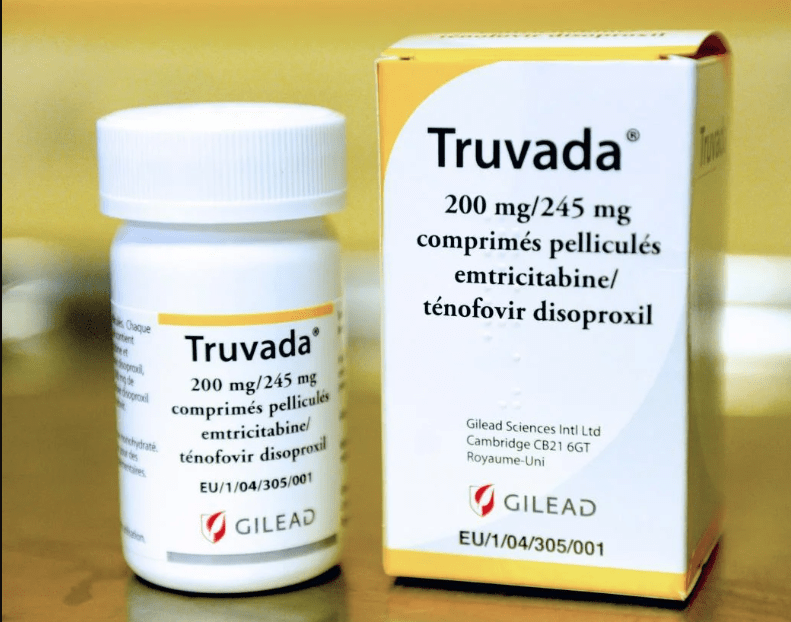Medication reconciliation plays a crucial role in patient safety and the delivery of effective healthcare. It is the process of creating a complete and accurate list of all medications a patient is currently taking and comparing it to the list of prescribed medications. This process helps identify any discrepancies, resolve potential medication-related problems, and improve patient outcomes.
Understanding Medication Reconciliation
Medication reconciliation is a systematic process that ensures continuity of care and reduces the risk of medication errors. It involves different healthcare professionals, including pharmacists, who play a significant role in ensuring its success.
Definition and Importance of Medication Reconciliation
Medication reconciliation is defined as the “process of identifying the most accurate list of all medications a patient is taking.” It includes prescription medications, over-the-counter drugs, herbal remedies, and supplements. This process helps prevent medication discrepancies, duplication, and potential adverse drug events.
The importance of medication reconciliation cannot be overstated. It promotes patient safety by reducing the risk of medication-related errors, adverse drug events, and hospital readmissions. It ensures that patients receive appropriate and effective treatment without harmful interactions or omissions in their medication regimens.
The Role of Medication Reconciliation in Patient Safety
Medication reconciliation is a vital component of patient safety initiatives. It bridges the gap between different healthcare settings and ensures the accurate transfer of medication information during transitions of care. Pharmacists, as medication experts, have a pivotal role in this process.
By actively engaging in medication reconciliation, pharmacists contribute to reducing medication errors and adverse drug reactions. They identify discrepancies between medication lists, resolve any issues related to medication discrepancies, and ensure patients understand and adhere to their prescribed regimens.
The Pharmacist’s Role in Medication Reconciliation
Pharmacists are an integral part of the healthcare team, taking active responsibility in medication reconciliation to provide optimal care for patients. Their role encompasses various aspects of the process.
Initial Patient Assessment and Medication History
When conducting medication reconciliation, pharmacists begin with a comprehensive assessment of the patient’s medication history. They collect information about prescription medications, over-the-counter drugs, herbal remedies, and supplements the patient is currently taking. This step is crucial in identifying potential discrepancies.
Pharmacists at Memorial Care Pharmacy also assess the patient’s medication-taking behavior, including medication adherence and understanding of their prescribed regimens. This assessment helps identify any challenges the patient may face and allows pharmacists to provide appropriate interventions.
Identifying and Resolving Medication Discrepancies
Pharmacists are skilled in identifying and resolving medication discrepancies during the reconciliation process. They compare the patient’s current medications with the prescribed ones and identify any differences in drug names, doses, frequencies, or routes of administration.
Once discrepancies are identified, pharmacists work collaboratively with other healthcare professionals, such as physicians and nurses, to resolve them. This may involve reviewing medical records, consulting with prescribers, and adjusting the patient’s medication regimen as necessary.
Communication with Other Healthcare Professionals
Effective communication is essential for successful medication reconciliation. Pharmacists collaborate with other healthcare professionals to ensure accurate transfer of medication information during transitions of care.
Pharmacists use their expertise to communicate any changes made to a patient’s medication regimen to the prescribing physician, nursing staff, and other involved healthcare providers. This ensures continuity of care and prevents any potential adverse events resulting from medication discrepancies.
The Process of Medication Reconciliation
The process of medication reconciliation consists of several steps that pharmacists follow to ensure its thoroughness and accuracy. Each step plays a vital role in maintaining patient safety and optimizing medication therapy.
Gathering and Verifying Patient Medication Information
Pharmacists collect comprehensive information about a patient’s medication regimen from different sources, such as the patient, their healthcare providers, and their medication containers. They verify the accuracy and completeness of this information before further analysis.
This step helps identify any discrepancies or missing information that need to be resolved for a complete and accurate medication list.
Clinical Review of Medications
Once an accurate medication list is obtained, pharmacists conduct a clinical review of each medication. They assess the appropriateness, safety, and effectiveness of the prescribed therapies based on the patient’s medical condition, age, and other relevant factors.
During the review, pharmacists identify any potential drug interactions, duplications, contraindications, or other medication-related problems that may require intervention. This assessment allows for optimization of medication therapy and the prevention of adverse drug events.
Documentation and Communication of Changes
After completing the medication reconciliation process, pharmacists document any changes made to the patient’s medication regimen. This documentation includes the rationale for changes, any necessary therapeutic alternatives, and instructions for the patient.
Pharmacists communicate these changes to the patient, the prescribing physician, and other healthcare providers involved in the patient’s care. This ensures that everyone is informed and can facilitate the implementation of the revised medication regimen.
Challenges in Medication Reconciliation
Although medication reconciliation is crucial for patient safety, it comes with its fair share of challenges that pharmacists must navigate.
Time Constraints and Workload
Pharmacists often face time constraints and heavy workloads that can hinder their ability to dedicate sufficient time to the medication reconciliation process. Time pressures may limit the thoroughness and accuracy of the reconciliation, increasing the risk of medication-related discrepancies.
To overcome these challenges, healthcare systems should allocate sufficient resources and support to pharmacists to ensure they can effectively perform medication reconciliation without compromising patient safety.
Incomplete or Inaccurate Patient Information
Insufficient or inaccurate patient information can pose significant challenges during medication reconciliation. Incomplete medication lists, missing doses, incorrect drug names, or outdated information can lead to medication discrepancies or omissions.
Pharmacists should actively communicate with patients and other healthcare providers to ensure accurate and up-to-date information. They can also leverage electronic health records and technological tools to facilitate the collection and verification of patient medication information.
Interprofessional Communication Barriers
Effective communication among healthcare professionals is crucial for successful medication reconciliation. However, communication barriers can impede the process, leading to medication discrepancies or misunderstandings.
Pharmacists should actively participate in interdisciplinary collaborations, foster open lines of communication, and establish clear protocols for medication reconciliation. This can help overcome communication barriers and enhance patient safety.
Conclusion
Medication reconciliation is a vital process that ensures patient safety, minimizes medication-related errors, and optimizes medication therapy. Pharmacists play a significant role in performing medication reconciliation, including initial patient assessment and medication history, identifying and resolving medication discrepancies, and effective communication with other healthcare professionals.
By actively engaging in medication reconciliation, pharmacists contribute to the delivery of safe and effective healthcare, improving patient outcomes and enhancing the overall quality of care.






